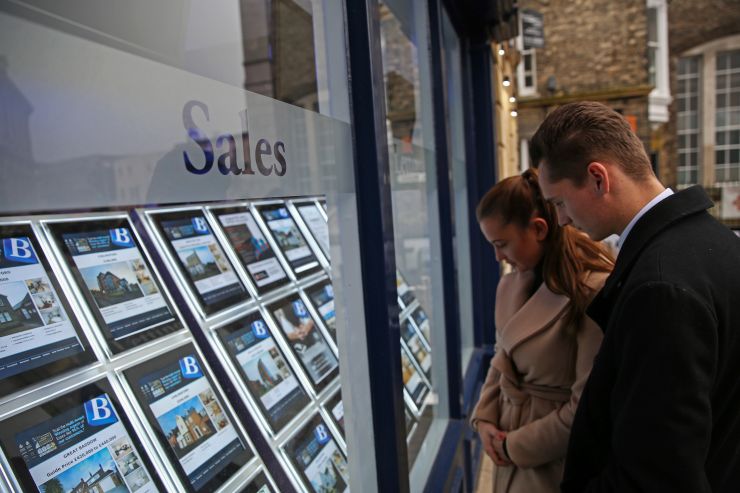
Forget student loans. Insufficient income is the No. 1 hurdle keeping many people from buying a home.
More than half of the participants in a survey by Bankrate.com cited inadequate income as a barrier to homeownership.
The personal finance site polled 2,668 adults between Jan. 30 and Feb. 1.
In fact, when it comes to buying a home, income shortfalls are an even bigger roadblock than credit card and student debt, Bankrate.com found.
Your monthly income and expenses are major drivers in determining whether you can afford to buy a house. That goes beyond just footing the bill for your mortgage.
“You need to look at what is your list of monthly expenses, including what a lender doesn’t consider when they’re assessing your eligibility for a loan,” said Deborah Kearns, an analyst with Bankrate.com. “You need to take into account all of the other bills.”
Step 1: Know your income
Saving up to afford a down payment on a new house is only part of the story.
Spend a month or two monitoring your expenses and determine how much of your monthly income will go toward your mortgage payments, said Kearns.
Cash flow is key to determining whether successful homeownership is within your reach.
Your housing expenses, including principal and interest payments on the mortgage, plus taxes and insurance, generally should account for no more than 28 percent of your gross monthly income.
This is known as the “front-end, debt-to-income ratio,” and it’s a rule of thumb for most lenders.
At the same time, you should be mindful of your “back-end ratio” — or the monthly payment for all of your debt, including student loans, credit cards and your mortgage.
Altogether, servicing these debts generally shouldn’t take up more than 36 percent of your gross monthly income.
In addition to the monthly cost of your mortgage, taxes and homeowner’s insurance, don’t forget your utility bills, said Kearns.
Step 2: Beware of unexpected expenses
The surprise cost of maintenance is the biggest regret new homeowners have, Bankrate.com found.
Get ahead of those costs — which can run the gamut from landscaping to heating and ventilation work — by researching and budgeting for it.
“Do some research here to find out what other maintenance expenses you will be dealing with; there will be one-off stuff and reoccurring expenses,” said Doug Boneparth, a certified financial planner and founder of Bone Fide Wealth in New York.
Homeowners should set aside savings equal to 1 percent of their home’s purchase price every year to help cover the cost of repairs and maintenance, said Kearns.
Though do-it-yourself home repair may seem tempting, don’t assume it’s necessarily the cheaper or easier way out.
Further, if you botch a project because you overestimated your abilities, chances are you’ll have to hire a pro to fix up your mistakes anyway.
“If you don’t have the time to do it, you end up hiring someone,” said Boneparth. “So you should really appreciate and understand how much time you have on your hands.”

